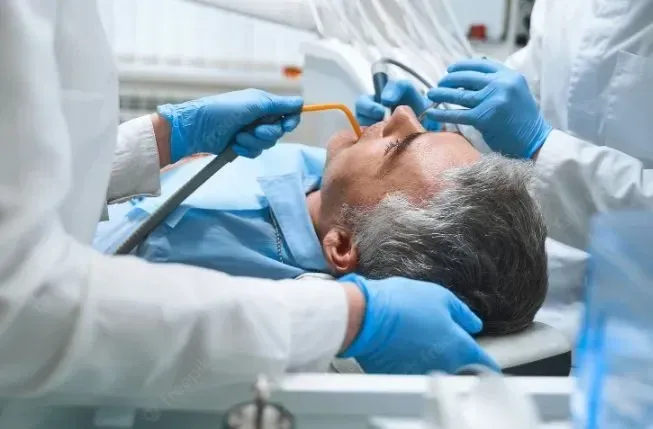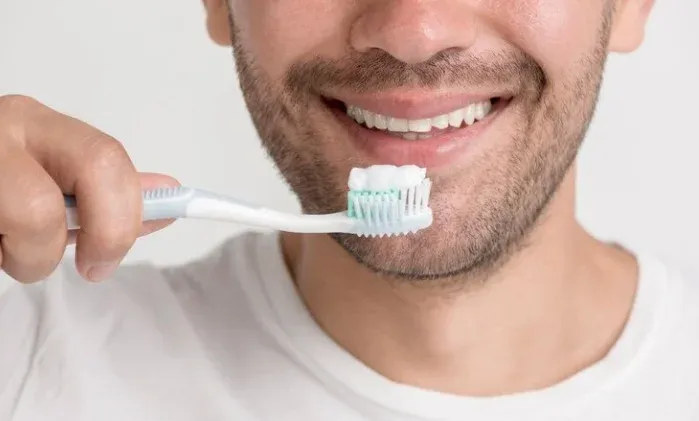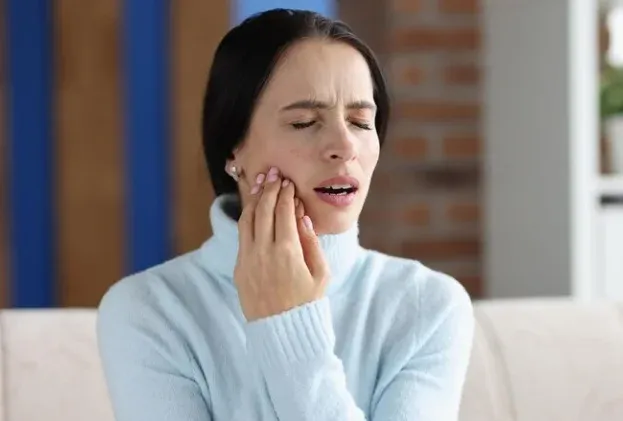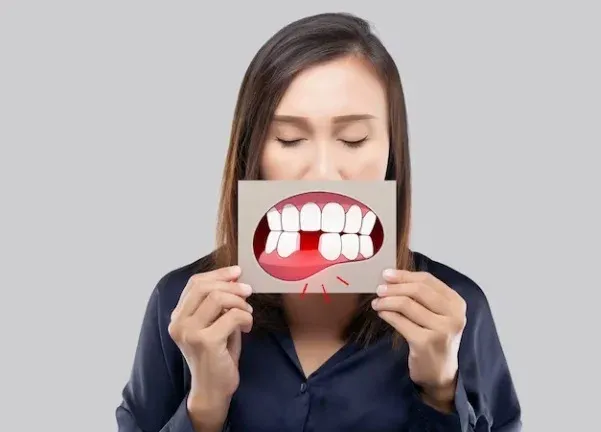Does a Root Canal Hurt? During and After The Procedure?
Root canals, also known as endodontic therapy, are a common dental procedure that is utilized to…
Root canals, also known as endodontic therapy, are a common dental procedure that is utilized to treat infected or inflamed dental pulp. The dental pulp is the soft tissue located inside the tooth that contains nerves, blood vessels, and connective tissue.
When this tissue becomes infected or inflamed, the patient may experience severe pain and discomfort. The purpose of a root canal is to remove the infected or inflamed pulp, clean and disinfect the inside of the tooth, and then seal it to prevent re-infection.
One of the most commonly asked questions regarding root canals is :does a root canal hurt during and after the procedure ?. In this article, we will delve into the topic of “Does a root canal hurt During and After the Procedure” to provide a comprehensive understanding of this dental procedure.
Does a root canal hurt?
During a root canal procedure, the dentist will numb the area around the affected tooth with local anesthesia, so the patient should not feel any pain during the procedure. However, some patients may experience some pressure or discomfort during the procedure. After the procedure, pain and discomfort may occur due to inflammation and swelling in the area, or as a result of the body’s healing process. In some cases, patients may also experience pain or discomfort if they have an allergic reaction to the materials used in the filling or crown. Over-the-counter pain medication may be used to alleviate any post-procedure discomfort. If the pain persists or is severe, it is important to contact the dentist for further evaluation.
How to stop a throbbing pain aftet a root canal?
After a root canal procedure, it is common for patients to experience some level of pain and discomfort. This can manifest as a throbbing sensation that can be quite bothersome. However,how to stop a throbbing pain after a root canal ? here are several ways to alleviate this pain and discomfort.
First and foremost, it is important to follow the post-operative instructions provided by the dentist. This may include taking over-the-counter pain medication, such as ibuprofen or acetaminophen, as directed. Applying an ice pack to the affected area can also help to reduce swelling and numb the area, providing temporary relief.
It’s also important to maintain good oral hygiene practices, such as brushing and flossing regularly and avoiding hard or crunchy foods that can cause further irritation to the treated tooth.
Additionally, some people may find relief through alternative methods such as using clove oil, a natural anesthetic, or taking a warm saltwater rinse which can help to reduce inflammation.
If the pain persists or becomes severe, it is important to contact the dentist as soon as possible. They may need to adjust the filling or crown, or in some cases, provide additional treatment.
It’s important to note that some level of discomfort and sensitivity is normal after a root canal, but if it continues for more than a few days, or if it is severe, it is important to contact your dentist, as it may be a sign of a complication.
How bad does a root canal hurt 1-10?
The level of pain and discomfort experienced during and after a root canal procedure can vary greatly from person to person. Some people may experience minimal pain or discomfort, while others may have a more significant experience.so ,how bad does a root canal hurt 1-10 well:
During the procedure, the area around the affected tooth will be numbed with local anesthesia, so the patient should not feel any pain. However, some patients may experience pressure or discomfort as the dentist works on the tooth.
After the procedure, some patients may experience mild pain or discomfort, which can be managed with over-the-counter pain medication. Others may have a more significant level of pain and discomfort. The level of pain and discomfort can range from 1 to 10, where 1 is minimal pain and 10 is severe pain.
It’s important to note that some level of discomfort and sensitivity is normal after a root canal, but if it continues for more than a few days, or if it is severe, it is important to contact your dentist, as it may be a sign of a complication.
Tooth pain after root canal when biting:
Tooth pain after a root canal when biting can be a common complication that some individuals may experience. This type of pain can occur due to a number of factors, such as improper healing, infection, or an allergic reaction to the materials used in the filling or crown.
One possible cause of tooth pain when biting after a root canal is improper healing. The tooth may not have fully healed, which can cause pain and discomfort when biting or chewing. In this case, it is important to contact the dentist and schedule a follow-up appointment to ensure that the healing process is progressing as it should.
Another possible cause of tooth pain after a root canal when biting is an infection. If the tooth becomes infected after the root canal procedure, it can cause pain and discomfort when biting or chewing. In this case, it is important to contact the dentist immediately for further treatment.
Additionally, it may be possible that the tooth is sensitive to the filling or crown materials used in the procedure. In this case, the dentist may need to adjust the filling or crown to alleviate the pain.
It is important to note that if you experience tooth pain after root canal when biting, it is essential to contact your dentist. They will be able to evaluate the situation and provide the appropriate treatment. This can include prescribing pain medication, making adjustments to the filling or crown, or providing additional treatment.
In short, tooth pain after root canal when biting can be caused by improper healing, infection or sensitivity to the filling or crown. It’s important to contact the dentist if you experience this kind of pain after the procedure. They can help you to identify the cause of the pain and provide the appropriate treatment.







